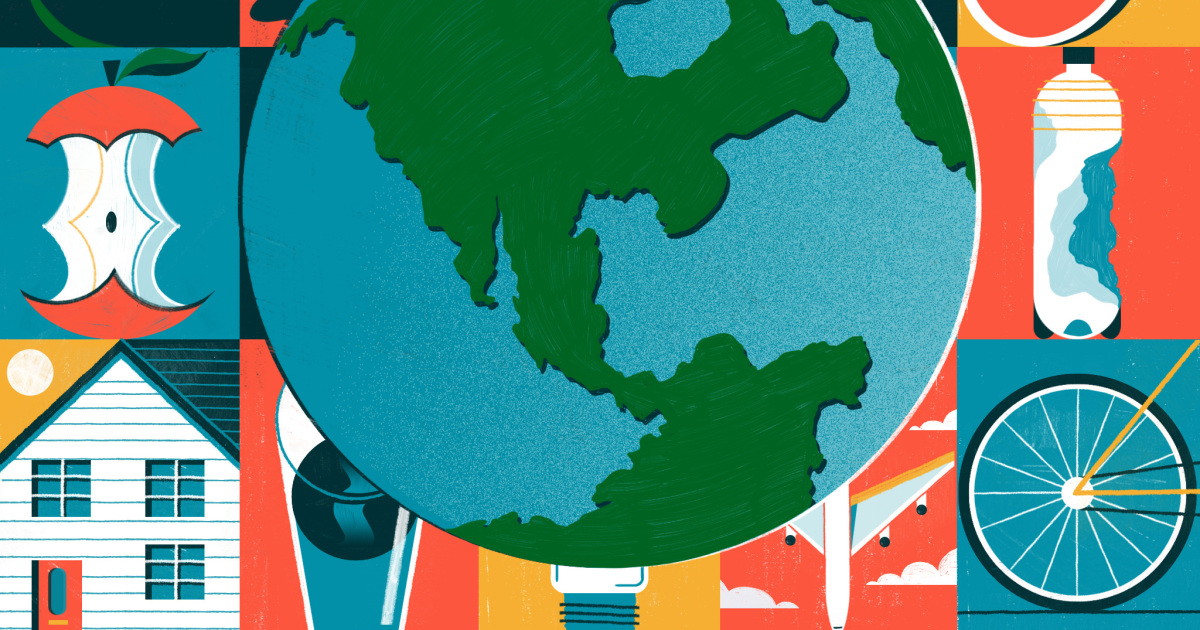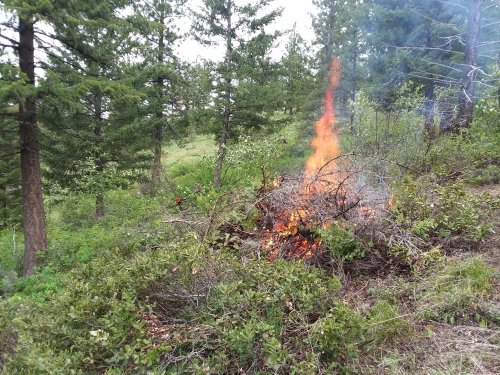The answer isn't in politics and shouldn't be left to politics. I did read the link...didn't you see my response of particulate vs. CO2 gas differences.
You must not have read the report from columbia university that I posted as volcanoes are explained...and gives a reason why volcanoes only explain short term changes.
Didn't see your answer to anything but whether man has an effect. Of the greenhouse gases, which do you believe stays in the atmosphere the longest? What is the greenhouse gas that has changed the most in abundance? Can you argue against the science that shows a direct correlation between carbon dioxide levels in the atmosphere and the temperature change?
You must not have read the report from columbia university that I posted as volcanoes are explained...and gives a reason why volcanoes only explain short term changes.
Didn't see your answer to anything but whether man has an effect. Of the greenhouse gases, which do you believe stays in the atmosphere the longest? What is the greenhouse gas that has changed the most in abundance? Can you argue against the science that shows a direct correlation between carbon dioxide levels in the atmosphere and the temperature change?









